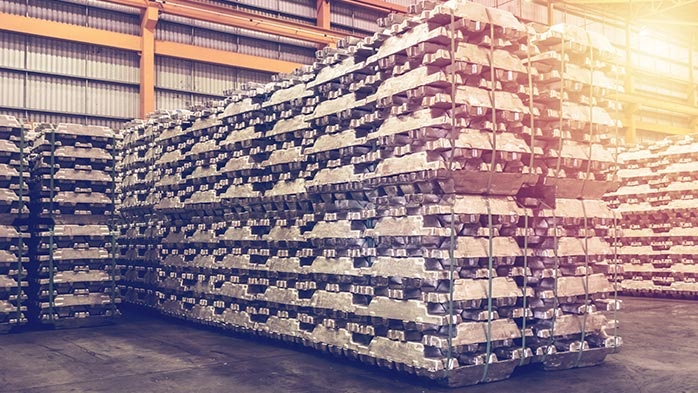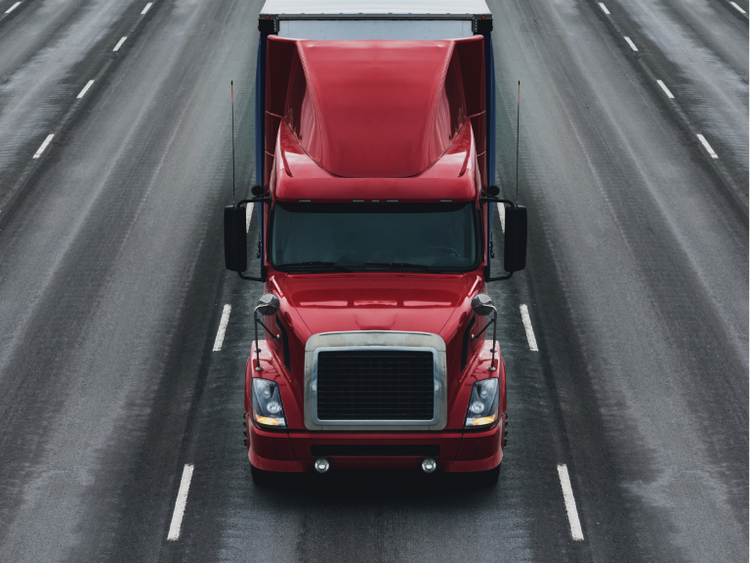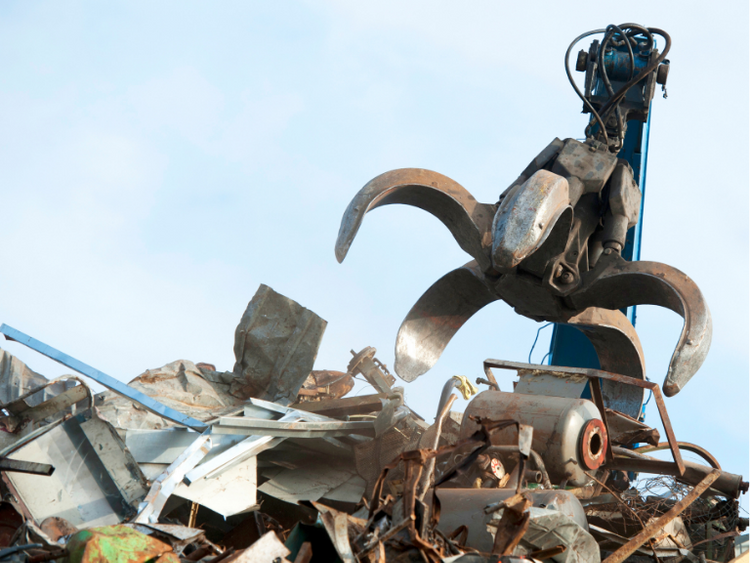Market

July 23, 2024
What Trump and Vance mean for trade
Written by Lewis Leibowitz
Republicans once championed the free market. However, both parties now support government-imposed regulations on imports to protect jobs, including those in aging manufacturing plants.
JD Vance, the Republican candidate for Vice President, supports across the board tariffs on imports, which will drive prices up in the U.S. market, but keep open U.S. plants that are being outcompeted by foreign ones. Former President Trump also favors more tariffs, which are taxes that hit the poorest Americans hardest.
But the Biden administration favors more tariffs too, especially those on China and on certain industries such as steel, aluminum and solar equipment.
While the Trump team seems to be ahead at the moment, we are likely to see more tariffs and other trade restrictions no matter who wins in November.
In the steel arena, electric furnace (EAF) steelmaking is widely seen as the cleanest production method. More than three-fourths of United States steel production uses this method, and there is no prospect of new capacity in the formerly dominant blast furnace segment of the industry. In other markets, EAF is not as far along as it is in the United States. As my colleagues Alan Price and John Riggins point out in a recent SMU column, UK steel makers are looking for government assistance to “green” British steelmaking.
All countries that have steel industries are aware of the appeal of major plants that employ thousands of workers. They support community life, and their closures would devastate those communities. Especially in democratic societies, maintaining employment in large manufacturing plants is a political priority. This is true of the U.S. as well as the UK, Japan and many other countries.
EAF facilities emit lower quantities of greenhouse gases than blast furnaces, which makes them “greener.” U.S. companies, as well as foreign ones, have benefited from a variety of government benefits. British steel companies, which use primarily blast furnace technology, are striving to convert to cleaner EAF technology, requiring large-scale investments in new technology. EAF companies in the U.S. have received such government help, too, from state and local tax breaks to protective tariffs in the form of Section 232 tariffs, Section 301 tariffs on Chinese steel products, and a raft of antidumping and countervailing duty (“trade remedies”) actions. These effectively close the U.S. market to steel products from other countries. The U.S. produces insufficient quantities of steel to satisfy domestic demand. We should welcome steel imports that balance supply and demand, and keep steel consuming industries humming in this country.
The Biden administration has already awarded steel companies hundreds of millions of dollars in assistance for developing new technologies, such as hydrogen technologies and carbon capture and storage of greenhouse gases.
Imposing tariffs on companies and countries modernizing steel production may be counterproductive, as each country faces unique circumstances. The United States should consider policies that encourage cooperation in making the entire industry cleaner, rather than mandating the closure of outdated steel mills abroad while exempting domestic ones. This approach could help avoid potential conflicts over steel policy and promote collaborative efforts for a cleaner industry.
Trump and Vance are interested in trade restrictions to make domestic industries more profitable. That is probably not a workable solution for the long run, but they may feel it necessary until after the November elections. The Biden team, with its fixation on “worker centric” trade policy, holds that keeping employment high is more important the technical innovation or the environment. This also strikes me as harmful, because it does not adequately emphasize technical innovation or global competitiveness.
Both parties still have significant ground to cover in order to effectively address these challenges.
Editor’s note: The views, thoughts, and opinions expressed in the content above belong solely to the author and do not necessarily reflect the opinions and beliefs of Recycled Metals Update or its parent company, CRU Group.





